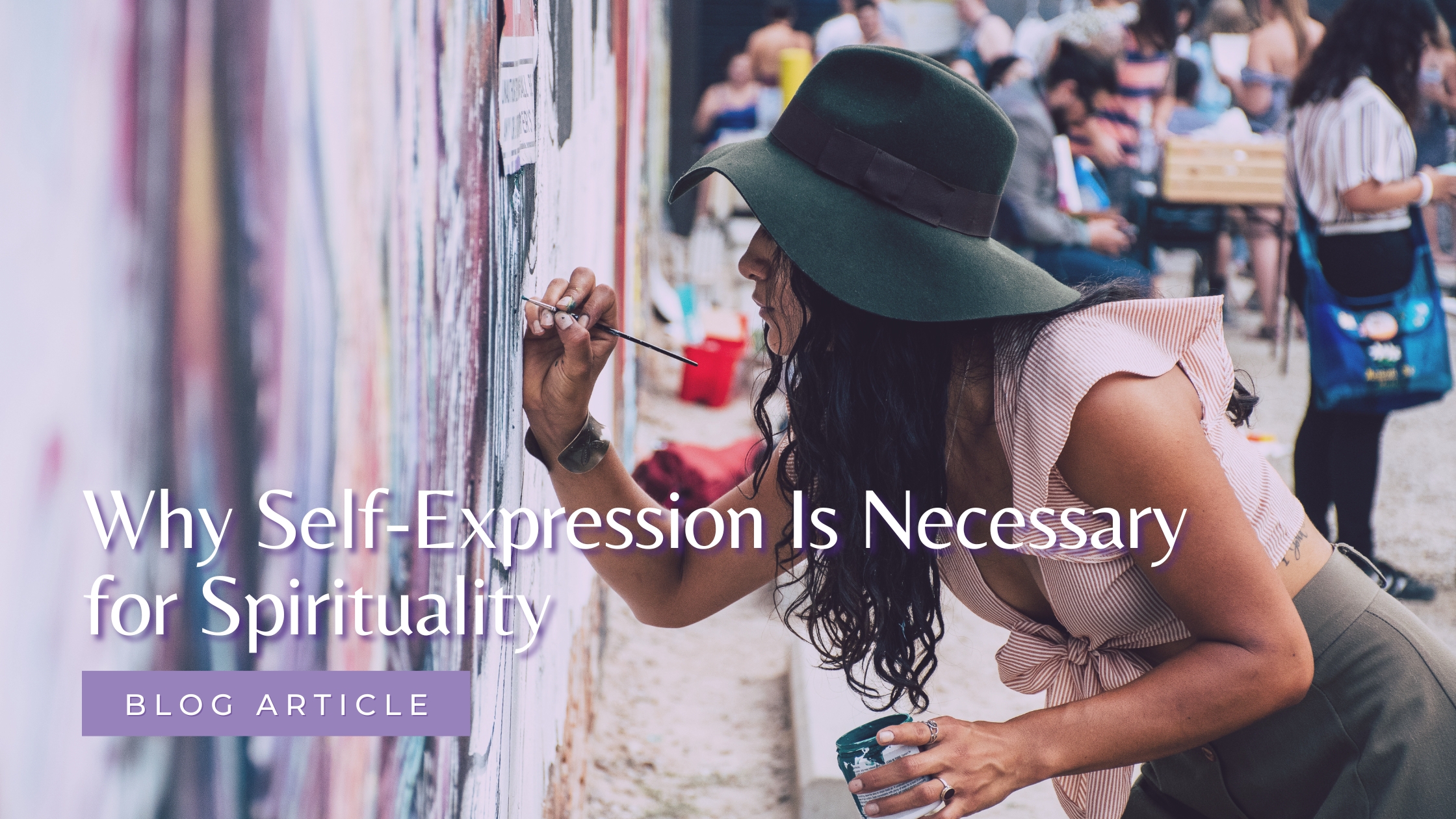3 Things Skeptics Get Wrong About Spirituality
I’m a spiritual person who leans towards paganism – but I wasn’t always that way. I grew up in a non-religious home and was a non-spiritual atheist for the first twenty years of my life. My childhood was the one many skeptics wish was the upbringing of all children.
And it was a mistake.
I see a lot of skeptics on religion criticize and even mock spiritual beliefs. But now that I’m on the other side, I can’t help but see why they’re wrong and want to counter their claims.
1. You Don’t Need Religion to Be Moral
On the surface, this seems like a good argument. I’ve met many non-spiritual people who I thought were moral. However, I started to notice something unsettling about them after I had my own spiritual awakening: they define morality based on political party or majority opinion which is easily swayed by a powerful and charismatic leader.
This is dangerous and tribal thinking because it assumes the shifting opinions of a block of people are sufficient to safeguard the human rights of those who are unlike them. Opposing political parties and minorities quickly become subhuman.
I live in the United States and our constitution defines rights as given by a creator. What this means is that rights are not voted upon, but inherent and thus objective morality legally exists.
But non-spiritual people don’t believe this. They think that a group of people can decide what’s best. In practice, this always fails because minorities don’t get a seat at the table if they’re outnumbered by the majority or party in power.
That’s why slavery persisted in the South until religiously inspired abolitionists looked beyond the law of the majority to advocate for freedom. This spiritual backbone continued with the Civil Rights era in the twentieth century with Martin Luther King, Jr., a Baptist minister who was inspired by the Christian message in the Bible over human morality, including progressive liberalism.
Spirituality allows humanity to create a decentralized moral backbone to society that everyone must answer to – even the powerful.
2. God Doesn’t Exist
Many skeptics have the idea in their minds that God is a bearded man in the sky who looks down on us like a vindictive overlord. This is wrong for a few reasons: the first is that it presupposes a Western, Christian conception of God and the second is that it also gets that interpretation wrong anyway.
The Christian God isn’t human. God doesn’t exist in time or space, but outside time and space. God is also composed of three persons: the Father, the Son, and the Holy Spirit. The third does not have a body and the second didn’t have a body until he was born of a virgin (according to the Bible).
There’s no indication in any scripture that God is a bearded man or has any physical form that resembles humanity except in the incarnation of Christ. This is one of the reasons why Jewish and Muslim people do not make visual depictions of their God.
Yet it’s this physical embodiment of God (the Father) that is argued against. After all, how could it be possible that a single man could create the whole universe?
Simply put, God is a force of nature (or the origin of nature) which no one completely comprehends. Knowing this, it’s easier to understand the different interpretations of God across the world in both theist and atheist religions. Modern science even has its own interpretation too: the Big Bang.
Before you say, “but the multiverse!” you should know that even the multiverse has a God component, according to string theorist Michio Kaku. It’s just not the commonly misinterpreted one of the bearded man in the sky, but a force of intelligent design.
3. Religion Isn’t Good for You
This is different from the argument on morality. After all, just because something is morally good doesn’t mean that it’s beneficial to an individual. Many spiritual skeptics consider all religions and spiritual experiences unnecessary once a universal concept of right and wrong has been established.
To them, spirituality is a waste of time and just serves to brainwash the masses into doing what they’re supposed to do anyway. Spirituality is harmful in their eyes and makes people miserable.
The data doesn’t support this conclusion. Spiritually active people who are part of clearly defined practices, especially social worship, are happier, more likely to avoid addictive behavior, and be part of their general community.
But there’s something else to understand about the skeptic objection to spirituality here: those who grow up in hypocritical religious homes or communities where they’re told to believe and do something, but parents and other role models do not, break from intergenerational spiritual practice.
In my experience, most spiritual skeptics either grew up in skeptical homes or experienced religious hypocrisy that turned them away from spirituality. Without credibility enhancing displays (CREDs) from role models, then they seek CREDs from other tribal groups to which they choose to belong to instead. These inevitably end up being political organizations.
The reason we need spirituality isn’t just because it makes us happy and healthy, but because it creates a pro-social community. Other challenges remain, such as the division between religious groups, but there’s better blood between different religions than different political parties.
In the United States, as many as 39% of recent marriages are interfaith. But the interpolitical marriage rate is only 30%, which includes independents who lean in the same direction as their spouse, while the Democrat-Republican rate is just 4%.
Religion doesn’t divide people. Politics does. That’s not good for the individual either.
Final Thoughts
Skeptics have a lot of things on spirituality wrong, but the three I listed above I believe are the most problematic. We need spirituality to be moral because it creates an objective standard everyone must follow, though it’s true the conception of where that morality originates from is still unclear in our idea of God.
Without spirituality, we’re bound for a future of partisan political warfare. That’s because it’s easier to create majority blocks based on physical or lifestyle characteristics instead of inherent standards on human rights. The former divides people, while the latter has the power to unite them.
It’s not worth being skeptical about spirituality. The consequences are too great.






